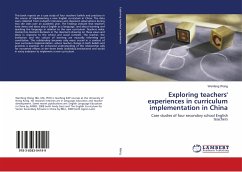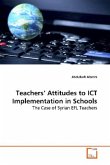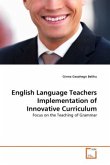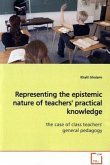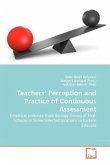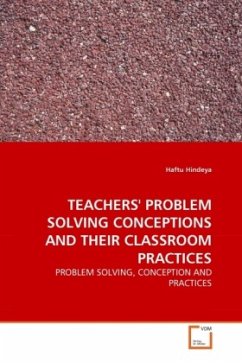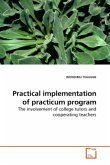The impact from computers software on teaching and
students learning of mathematics has been offered
increasingly attention in educational research. This
book reports from a study of teachers first ever
use of a dynamic geometry software, Cabri, in
teaching at lower secondary schools in Norway. The
study was situated within developmental projects
where teachers and university educators worked
together for several years. The book gives a
characterisation of teachers progression through a
development process in which they implemented and
orchestrated Cabri-use in their teaching. The book
provides a contribution to policy makers and
research in mathematics teaching, and suggests
implications for mathematics teachers considering
implementation and orchestration of dynamic geometry
software-use in teaching. Conclusions are presented
indicating that implementation of a new computer
software tool can offer teachers a medium to develop
new styles of mathematics teaching. Implications are
suggested concerning future developmental projects
aiming to support sustainable development in
mathematics teaching.
students learning of mathematics has been offered
increasingly attention in educational research. This
book reports from a study of teachers first ever
use of a dynamic geometry software, Cabri, in
teaching at lower secondary schools in Norway. The
study was situated within developmental projects
where teachers and university educators worked
together for several years. The book gives a
characterisation of teachers progression through a
development process in which they implemented and
orchestrated Cabri-use in their teaching. The book
provides a contribution to policy makers and
research in mathematics teaching, and suggests
implications for mathematics teachers considering
implementation and orchestration of dynamic geometry
software-use in teaching. Conclusions are presented
indicating that implementation of a new computer
software tool can offer teachers a medium to develop
new styles of mathematics teaching. Implications are
suggested concerning future developmental projects
aiming to support sustainable development in
mathematics teaching.


